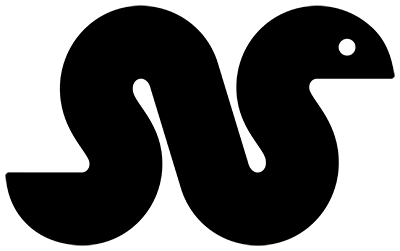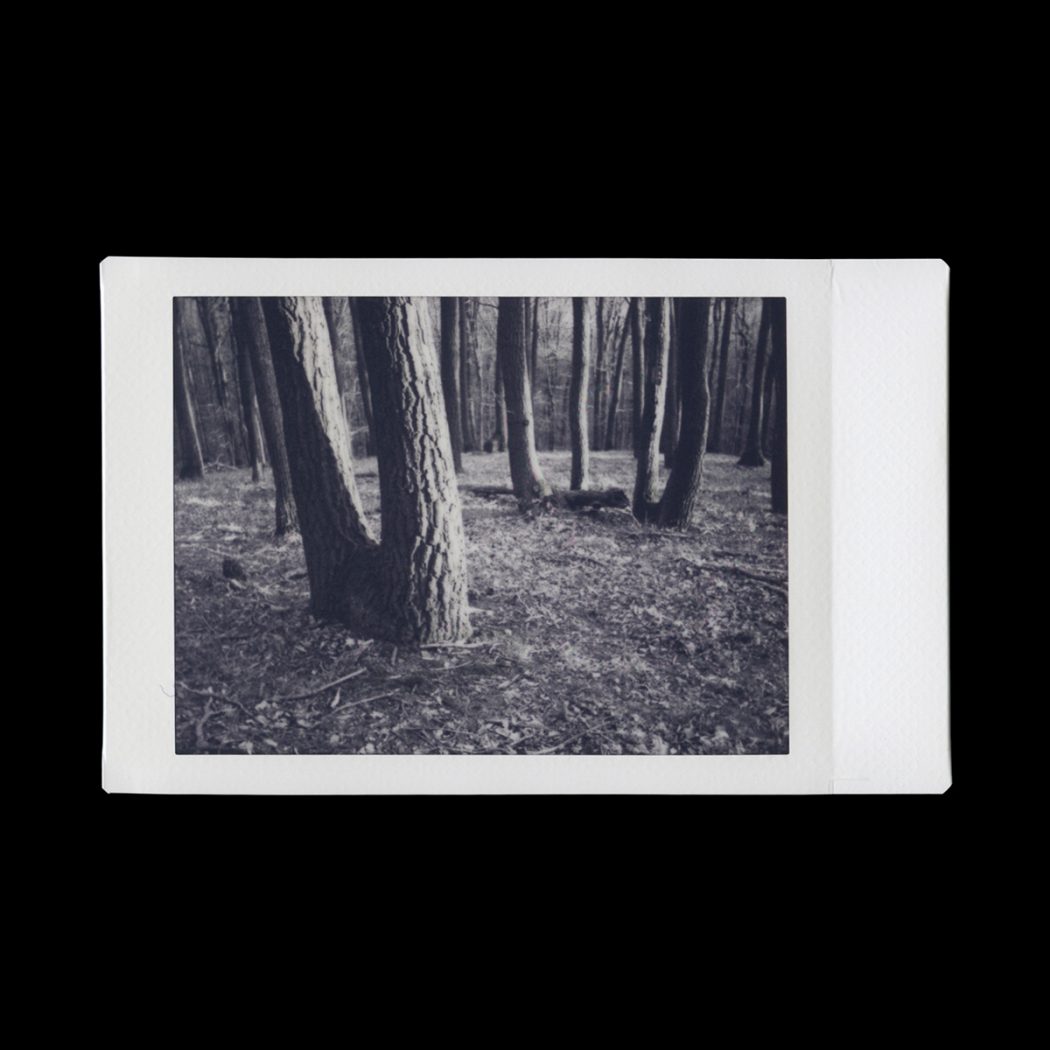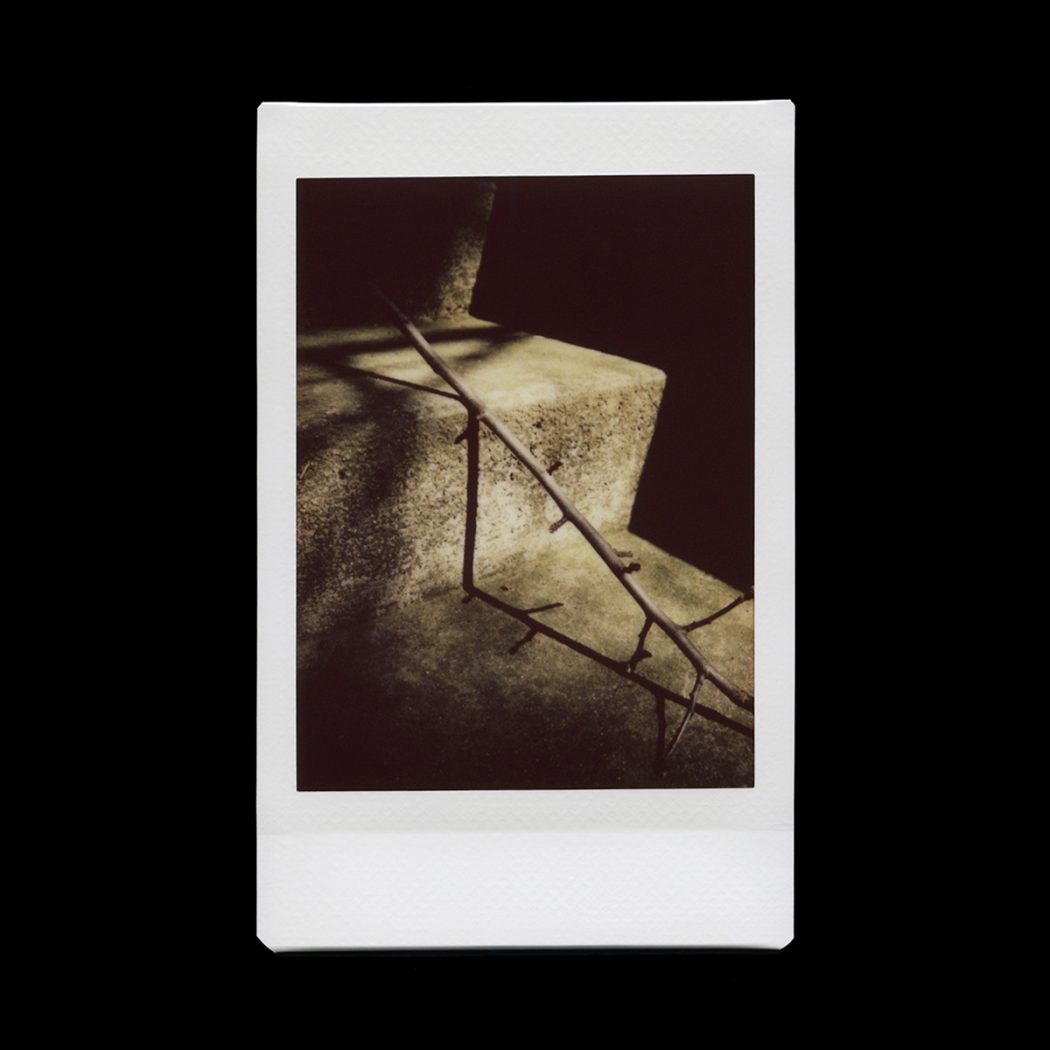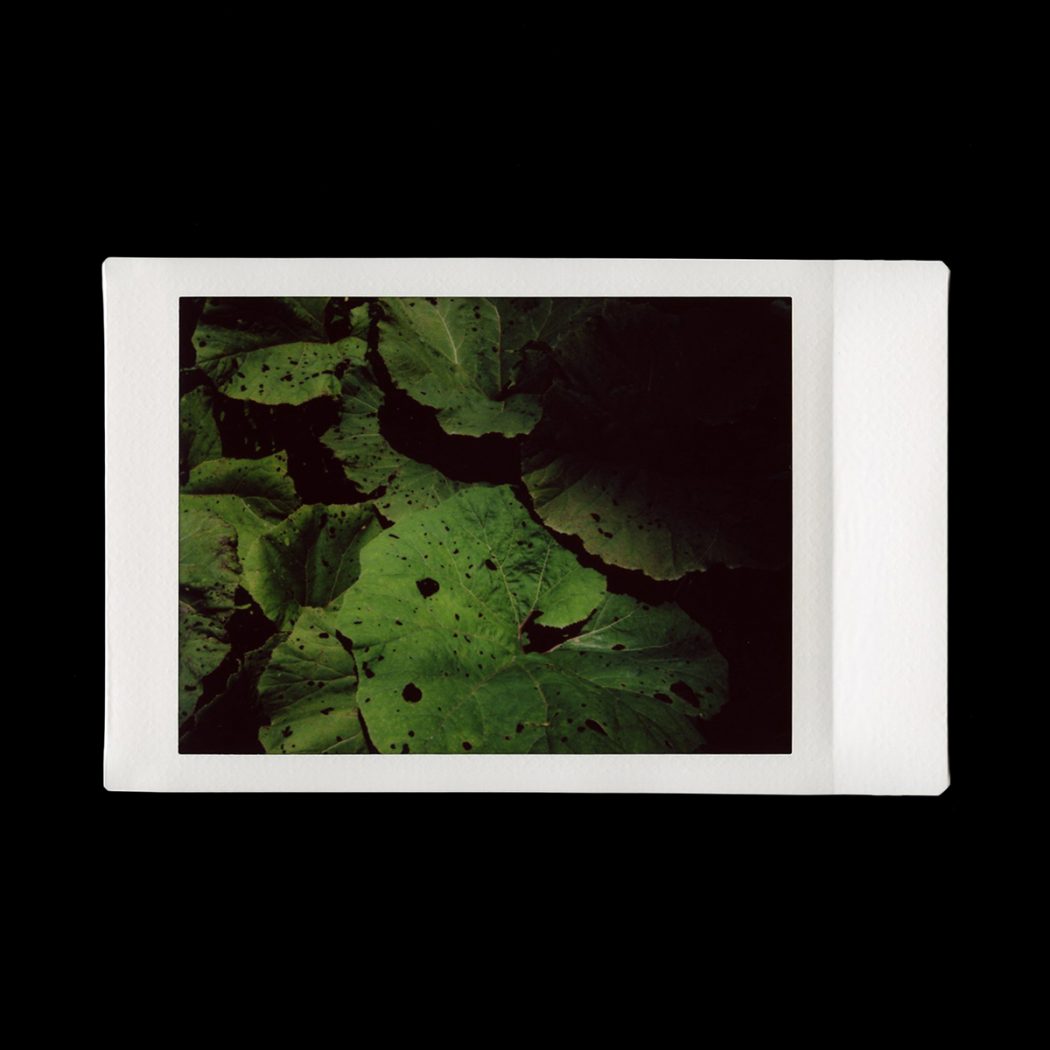PORTRAITS
The overall concept of agency has existed since the Enlightenment where there was debate over whether human freedom was expressed through instrumental rationality or moral and norm-based action. John Locke argued in favor of freedom being based on self-interest. His rejection of the binding on tradition and the concept of the social contract led to the conception of agency as the capacity of human beings to shape the circumstances in which they live. Jean-Jacques Rousseau explored an alternative conception of this freedom by framing it as a moral will. There was a bifurcation between the rational-utilitarian and non-rational-normative dimensions of action that Immanuel Kant addressed. Kant saw freedom as normative grounded individual will, governed by the categorical imperative. These ideas were the point of departure for concerns regarding non-rational, norm-oriented action in classical sociological theory contrasting with the views on the rational instrumental action.


















